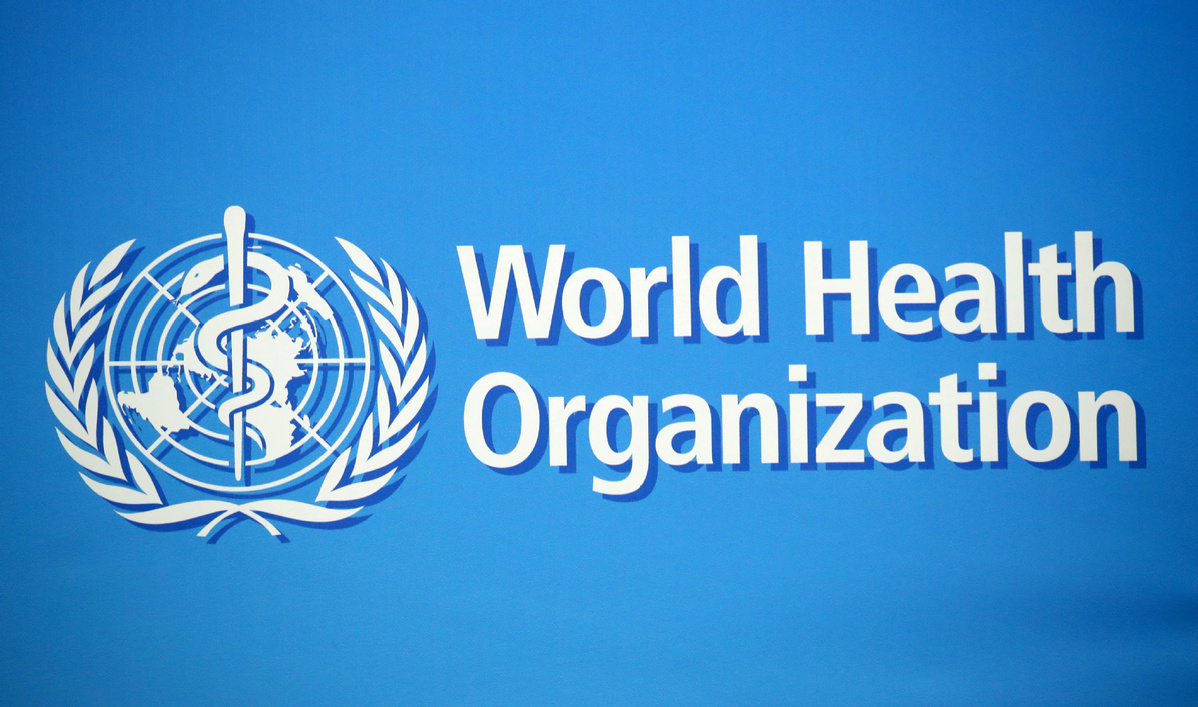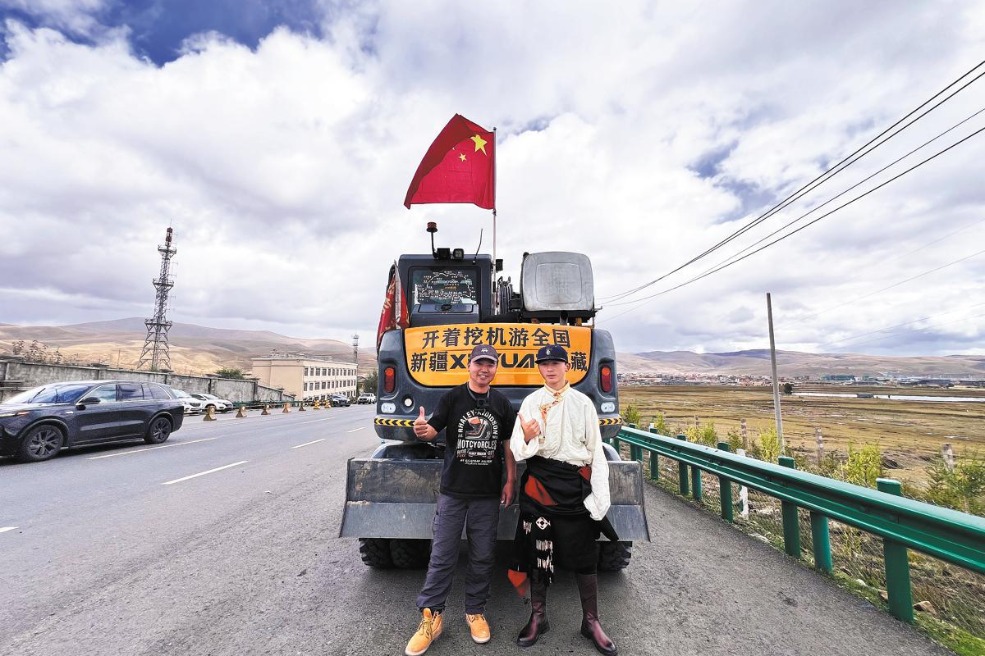Leaders voice support for WHO's role


Body acts as global coordinator in battle against common enemy, experts say
As the novel coronavirus pandemic continues to spread globally and has caused at least 100,000 deaths worldwide, officials and experts have called for strengthening the role of the World Health Organization in synchronizing international efforts to address the global public health crisis.
They also said that multilateral platforms such as the Group of 20 could also play a bigger part in coordinating countries' strategies and actions to offset the impact of COVID-19 on the global economy.
Addressing the Extraordinary G20 Leaders' Summit on March 26, President Xi Jinping underlined the need to support international organizations in fighting the epidemic, and said China supports the WHO in leading global efforts to develop science-based epidemic control measures and to minimize its cross-border spread. Xi also urged all G20 members to take collective action including cutting tariffs, removing barriers and facilitating the unfettered flow of trade to make joint efforts to restore confidence for global economic recovery.
A statement issued from the summit said the G20 leaders "fully support and commit to further strengthening the WHO's mandate in coordinating the international fight against the pandemic".
China has been working closely with the WHO since the outbreak of the disease. Xi met with the organization's Director General Tedros Adhanom Ghebreyesus in Beijing in late January and the two exchanged letters in March. A China-WHO joint expert team traveled in February to several places in the country including Wuhan, the hardest hit city at the time.
China also announced a donation of $20 million to the WHO. The Foreign Ministry said that the donation aims to support the WHO in better coordinating international action against the epidemic, especially helping small and medium-sized countries with weak public health systems build up their epidemic-prevention capabilities.
Speaking to French Foreign Minister Jean-Yves Le Drian by phone on Thursday, State Councilor and Foreign Minister Wang Yi said China upholds multilateralism and supports the WHO in the global fight against the contagion.
Wang commended the international health body's efforts in leading and coordinating the global fight, saying that the organization and its chief have been committed to "science and objectivity" since the start of the outbreak.
Their important contribution needs to be recognized by the international community and their professional opinions need to be respected by all countries, he said, adding that China commended France's support for the WHO and will partner with France to uphold global health security.
More than 180 countries, including China, co-sponsored a resolution adopted by the UN General Assembly on April 2 that reaffirms their commitment to international cooperation and multilateralism, supports the central role of the UN in responding to the outbreak, and calls on all countries to follow the recommendations of the WHO and enhance information sharing. The resolution also stresses that discrimination, racism and xenophobia will not be tolerated.
In the face of this severe global public health crisis, the WHO could and should play its role as a global coordinator in the battle against the common enemy of mankind, experts said.
Ren Lin, a senior researcher at the Chinese Academy of Social Sciences' Institute of World Economics and Politics, said that with the deepening of the pandemic, international organizations need to mobilize more resources to deal with the crisis.
Coordination through multilateral platforms such as the WHO and the G20 will help developing countries with poorer public health systems improve their ability to fight the disease, and in the meantime, it encourages countries to fight the pandemic in a scientific, rational and cooperative manner, Ren said.
The United States government said the UN agency got "every aspect" of the coronavirus pandemic wrong and threatened to withhold funding. In response, Tedros said his message for the world at this moment is unity and solidarity, instead of politicizing the virus. "Please quarantine politicizing COVID-19. If we want to win, we shouldn't waste time pointing fingers," he said at a news conference last week.
UN Secretary-General Antonio Guterres said in a statement that "it is my belief that the World Health Organization must be supported, as it is absolutely critical to the world's efforts to win the war against COVID-19".
In his videoconference call with Tedros on Wednesday, French President Emmanuel Macron reaffirmed his belief "that the WHO is key" to responding to the coronavirus crisis.
Chairperson of the African Union Commission Moussa Mahamat also said on social media that the AU fully supports the WHO and Tedros and that countries should focus on collectively fighting the coronavirus as a united global community.
In a statement released on Wednesday, South African President Cyril Ramaphosa, who is also the current chairman of the African Union, said that Africa appreciates the exceptional leadership of Tedros since the very earliest stages of the novel coronavirus pandemic.
Venezuelan President Nicolas Maduro expressed his support for the WHO's work during his phone conversation with Xi on Friday.
On April 6, 165 political figures and scholars, including former British prime minister Gordon Brown and former secretary-general of the Shanghai Cooperation Organization Rashid Alimov, jointly issued a letter to the governments of the G20 nations.
"A global economic problem requires a global economic response," the letter said. "Our aim should be to prevent a liquidity crisis turning into a solvency crisis, and a global recession becoming a global depression."





































